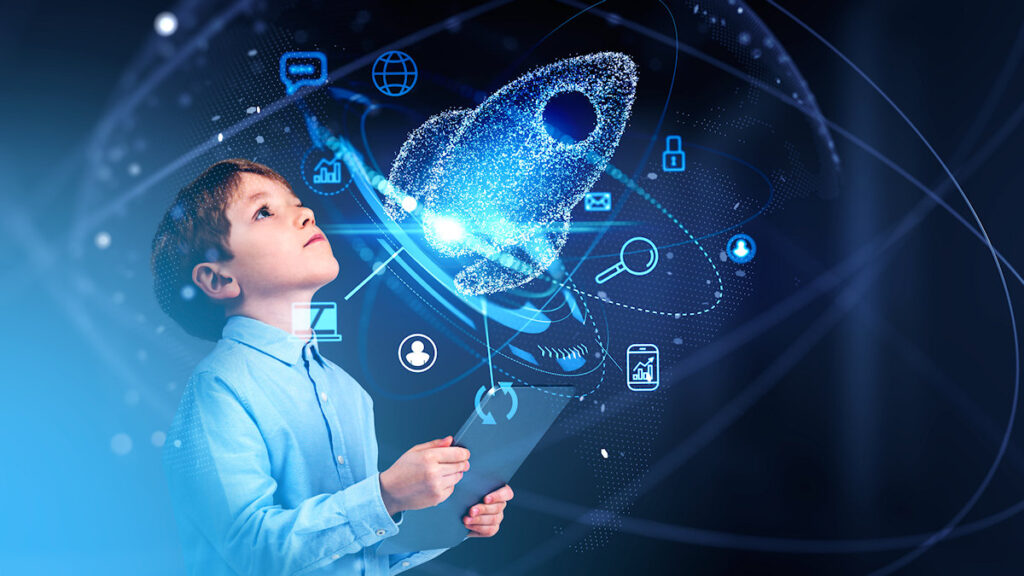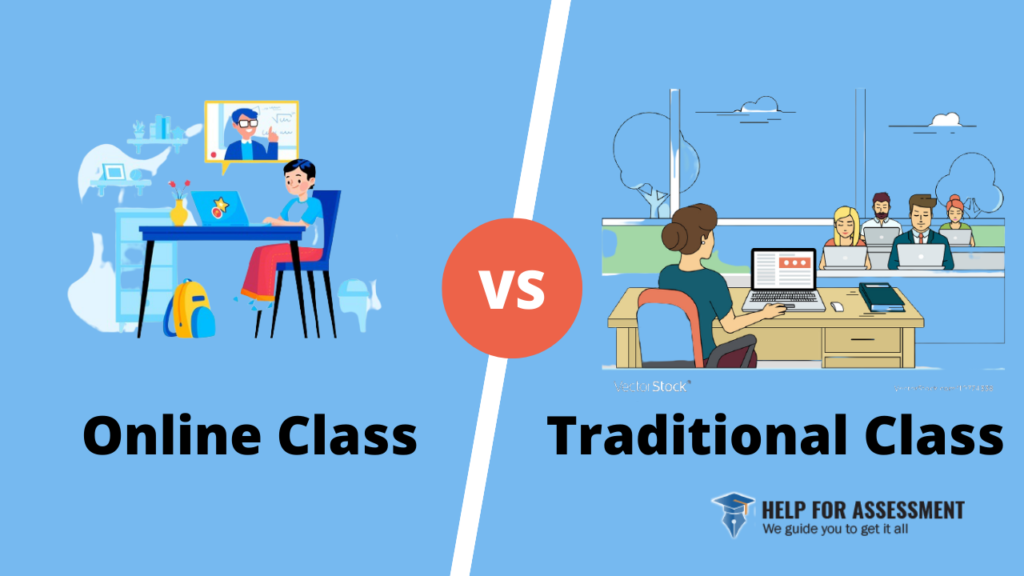In today’s rapidly evolving educational landscape, the role of AI in personalized learning experiences has become increasingly significant. Artificial Intelligence (AI) is revolutionizing the way students engage with educational content, offering tailored learning paths that cater to individual needs and preferences. By leveraging advanced algorithms and data analytics, AI can assess a learner’s strengths and weaknesses, providing customized resources that enhance understanding and retention. This innovative approach not only fosters a more engaging learning environment but also empowers educators to support diverse learning styles effectively.
As we delve deeper into the role of AI in personalized learning experiences, this article will explore various applications of AI technologies in education. From intelligent tutoring systems that adapt to student performance to predictive analytics that identify at-risk learners, the potential of AI to transform educational outcomes is immense. Furthermore, we will discuss how AI can facilitate real-time feedback, enabling students to track their progress and make informed decisions about their learning journeys.
Join us as we uncover the myriad ways AI is shaping personalized learning experiences, making education more accessible and effective for all. Whether you are an educator, a student, or simply curious about the future of learning, this exploration will provide valuable insights into the intersection of technology and education. Read on to discover how AI is not just a tool, but a catalyst for change in the world of personalized learning.
Artificial Intelligence (AI) is revolutionizing the educational landscape by enabling personalized learning experiences tailored to individual student needs. This article explores various aspects of AI’s role in enhancing education through personalization.
Adaptive Learning Technologies
Adaptive learning technologies utilize AI algorithms to assess a student’s knowledge and learning pace, allowing for a customized educational experience. These systems analyze data from student interactions, identifying strengths and weaknesses to adjust the curriculum accordingly. This personalized approach not only enhances engagement but also improves learning outcomes by ensuring that students receive the right level of challenge.
For instance, platforms like DreamBox and Smart Sparrow employ adaptive learning techniques to modify lessons in real-time based on student performance. This dynamic adjustment helps maintain student motivation and fosters a deeper understanding of the material, ultimately leading to better retention and application of knowledge.
Intelligent Tutoring Systems
Intelligent tutoring systems (ITS) are AI-driven platforms that provide personalized feedback and guidance to learners. These systems simulate one-on-one tutoring by offering tailored explanations, hints, and practice problems based on the learner’s progress. By analyzing user data, ITS can identify common misconceptions and provide targeted interventions to address them.
Research has shown that students using ITS often outperform their peers in traditional learning environments. The ability to receive immediate feedback and support fosters a more effective learning experience, allowing students to master concepts at their own pace.
Data-Driven Insights for Educators
AI not only benefits students but also provides educators with valuable insights into student performance and learning behaviors. By analyzing large datasets, AI tools can identify trends and patterns that inform instructional strategies. This data-driven approach enables teachers to make informed decisions about curriculum adjustments and targeted interventions.
For example, platforms like Knewton offer analytics that help educators understand which concepts students struggle with the most. This information allows teachers to tailor their instruction and provide additional resources where needed, ultimately enhancing the overall learning experience.
Personalized Learning Pathways
AI facilitates the creation of personalized learning pathways that cater to individual student interests and career goals. By assessing a student’s skills, preferences, and aspirations, AI can recommend specific courses, resources, and activities that align with their unique learning journey. This level of personalization encourages students to take ownership of their education and pursue subjects that resonate with them.
Moreover, personalized learning pathways can help bridge the gap between education and workforce readiness. By aligning learning experiences with industry demands, students are better prepared for future careers, making education more relevant and impactful.
Enhancing Engagement Through Gamification
Gamification, when combined with AI, can significantly enhance student engagement in personalized learning experiences. AI can analyze student behavior and preferences to create gamified elements that resonate with individual learners. This approach not only makes learning more enjoyable but also motivates students to persist through challenges.
For instance, platforms like Kahoot! and Classcraft use AI to tailor game mechanics to student interests, fostering a competitive yet collaborative learning environment. By integrating gamification into personalized learning, educators can create a more dynamic and interactive educational experience.
Supporting Diverse Learning Needs
AI plays a crucial role in supporting diverse learning needs, including those of students with disabilities. By leveraging AI technologies, educators can create inclusive learning environments that accommodate various learning styles and challenges. For example, AI-driven tools can provide real-time transcription for hearing-impaired students or offer text-to-speech capabilities for those with reading difficulties.
These personalized accommodations ensure that all students have equal access to educational resources, promoting equity in the classroom. As AI continues to evolve, its potential to support diverse learners will only expand, making education more accessible for everyone.
Continuous Assessment and Feedback
AI enables continuous assessment and feedback, allowing for a more fluid and responsive learning experience. Traditional assessment methods often provide limited insights into student progress, but AI-driven assessments can offer real-time feedback that informs both students and educators. This ongoing evaluation helps identify areas for improvement and reinforces learning objectives.
Tools like Gradescope utilize AI to streamline the grading process, providing instant feedback on assignments and assessments. This immediate response not only helps students understand their mistakes but also encourages a growth mindset, fostering a culture of continuous improvement.
Future Trends in AI and Personalized Learning
The future of AI in personalized learning is promising, with emerging trends that will further enhance educational experiences. Innovations such as virtual reality (VR) and augmented reality (AR) are being integrated with AI to create immersive learning environments that adapt to individual needs. These technologies offer unique opportunities for experiential learning, allowing students to engage with content in new and exciting ways.
As AI continues to advance, we can expect even more sophisticated personalization techniques, including predictive analytics that anticipate student needs before they arise. This proactive approach to education will transform the learning landscape, making it more responsive and tailored to each learner’s journey.
| Aspect | Description |
|---|---|
| Definition | AI in personalized learning refers to the use of artificial intelligence technologies to tailor educational experiences to individual learners’ needs, preferences, and learning styles. |
| Adaptive Learning | AI systems can analyze student performance in real-time and adjust the difficulty of tasks, recommend resources, and provide feedback to enhance learning outcomes. |
| Data Analysis | AI can process vast amounts of data to identify patterns in student behavior and learning, enabling educators to make informed decisions about instructional strategies. |
| Personalized Content | AI can curate and deliver customized learning materials based on individual student profiles, ensuring that content is relevant and engaging. |
| Intelligent Tutoring Systems | These systems use AI to provide one-on-one tutoring, offering personalized guidance and support to students as they navigate their learning paths. |
| Feedback Mechanisms | AI can provide immediate feedback to students, helping them understand their mistakes and learn from them in real-time, which enhances the learning process. |
| Scalability | AI-driven personalized learning solutions can be scaled to accommodate large numbers of students, making quality education more accessible. |
| Challenges | Despite its potential, AI in personalized learning faces challenges such as data privacy concerns, the need for high-quality data, and the risk of over-reliance on technology. |
| Future Prospects | The future of AI in personalized learning looks promising, with advancements in machine learning and natural language processing expected to further enhance educational experiences. |



